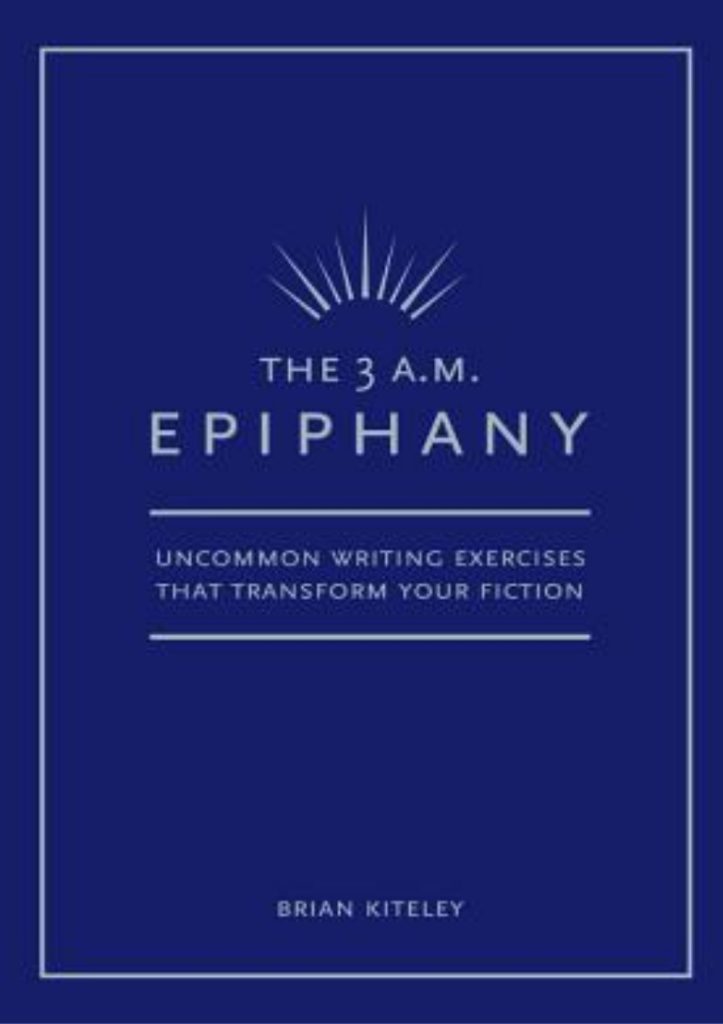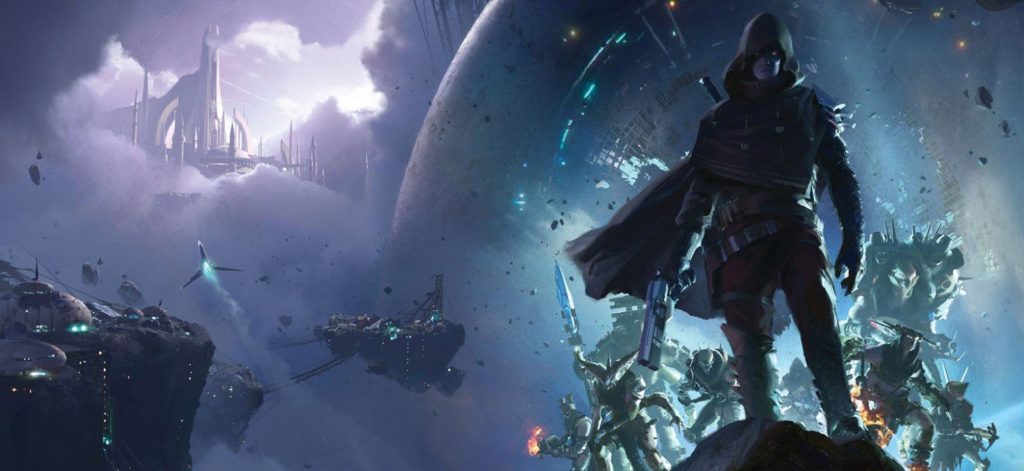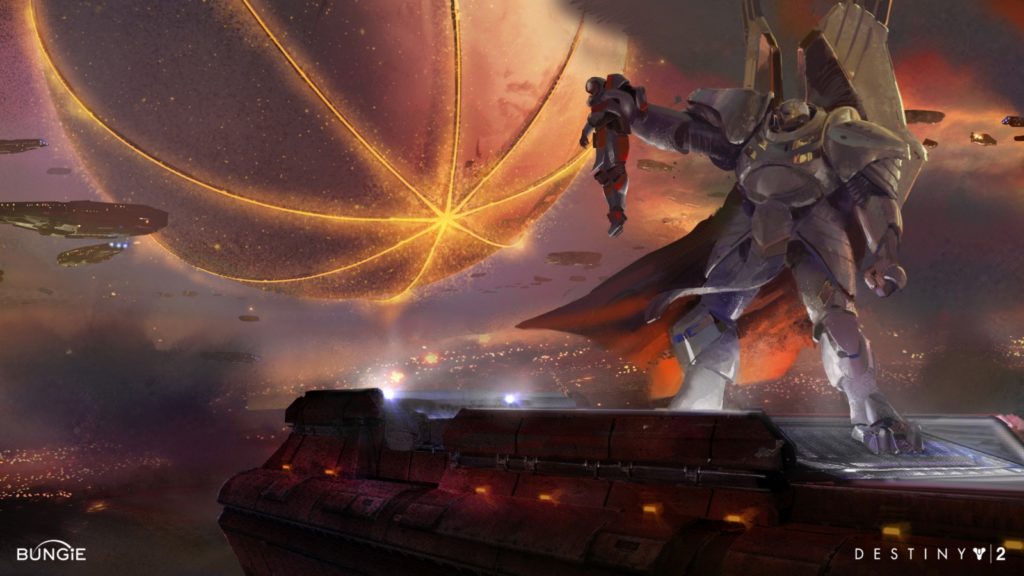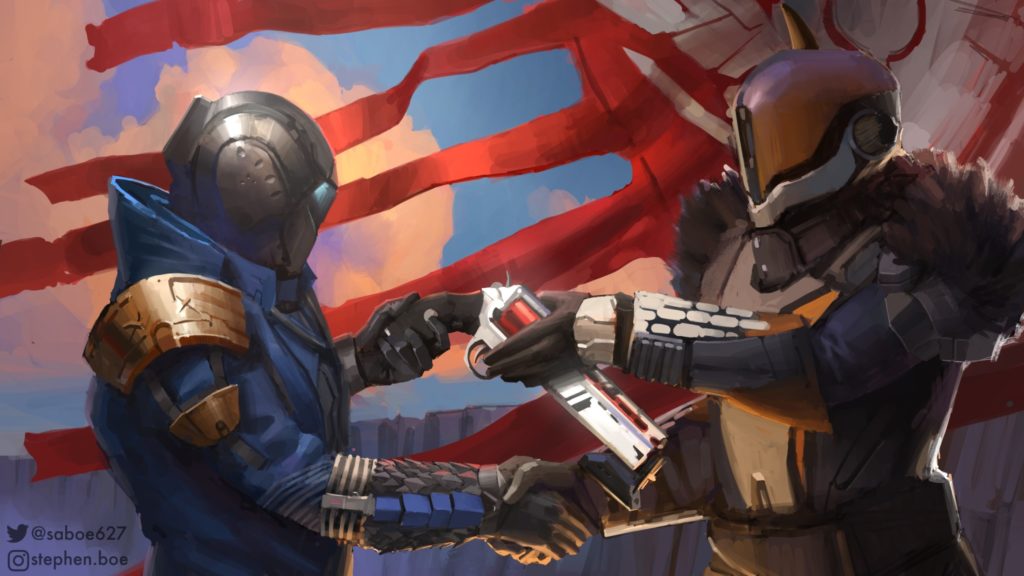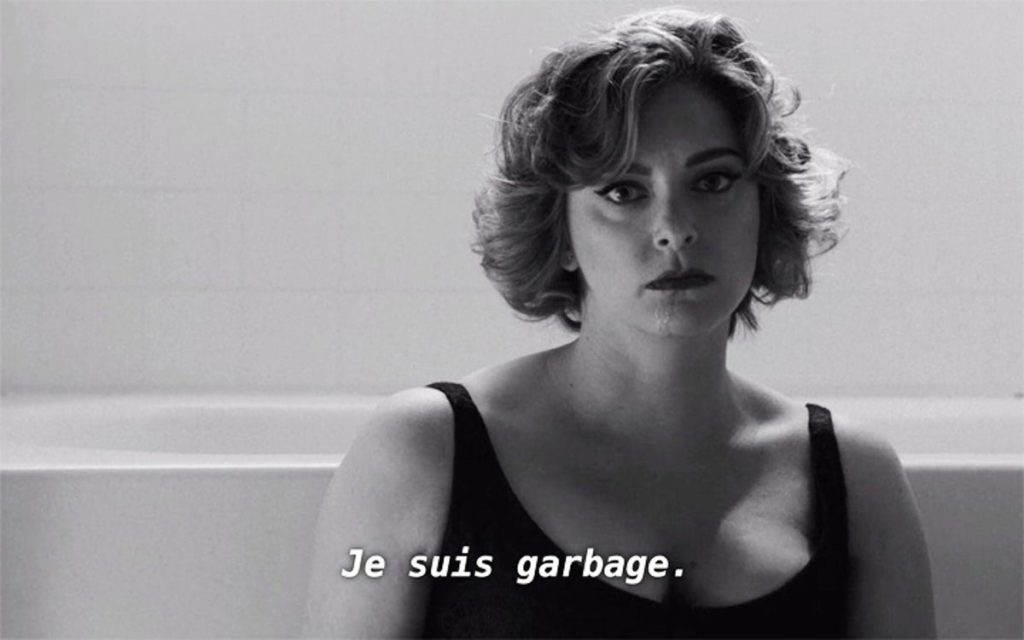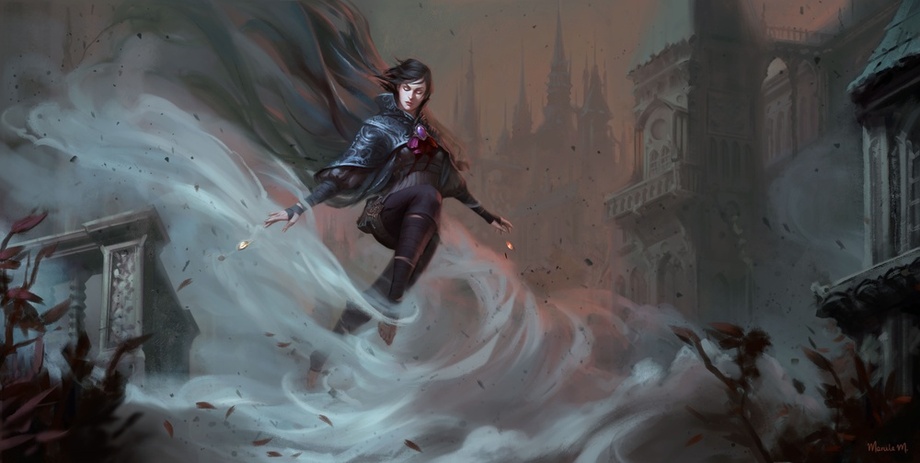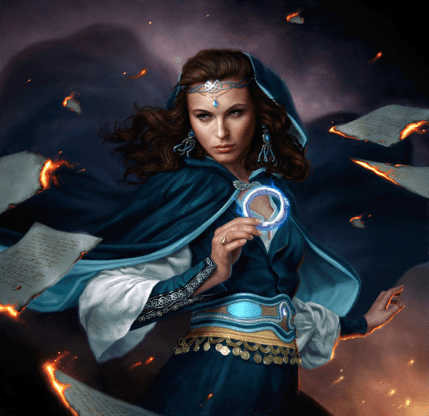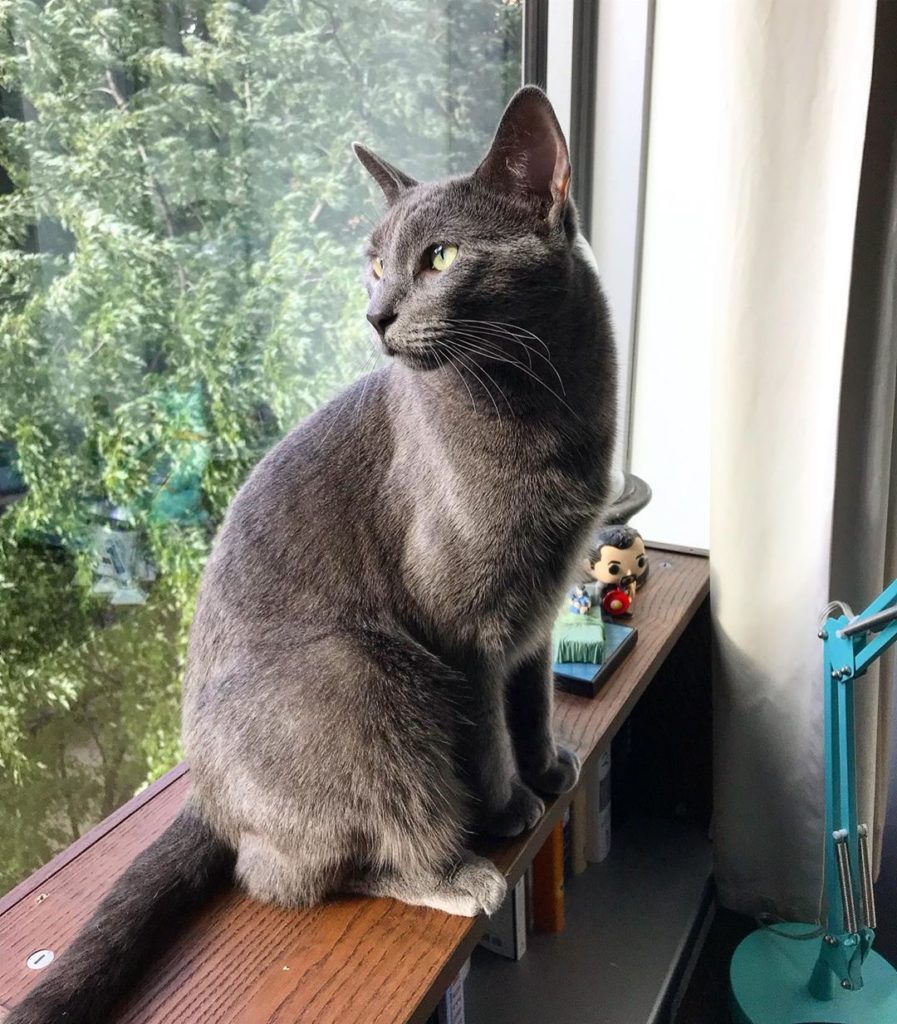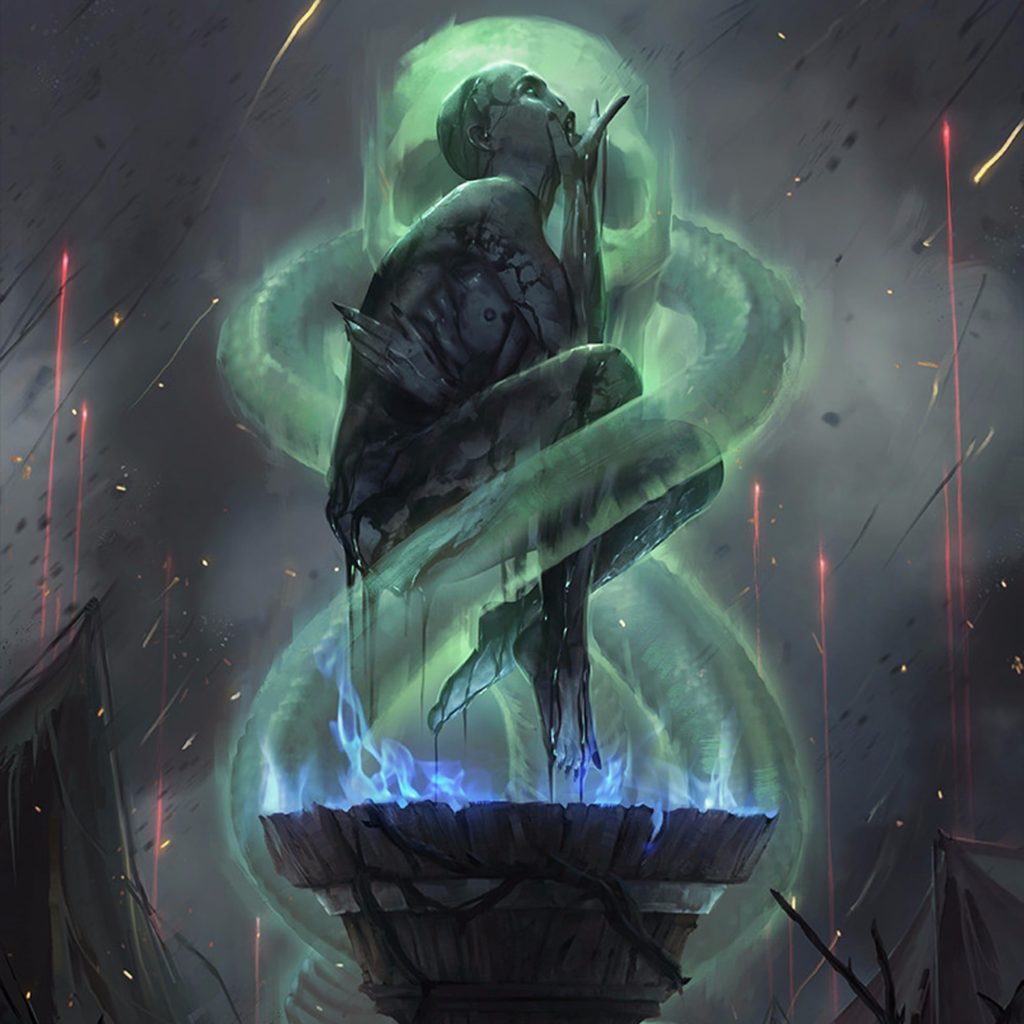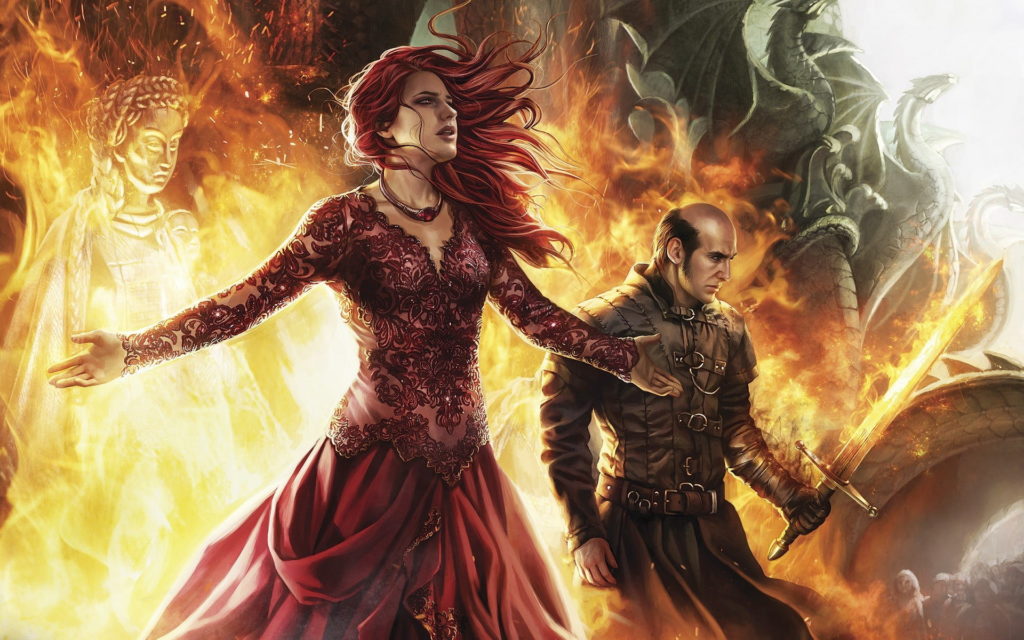Recently, I reviewed Suzanne Collins’ The Ballad of Songbirds and Snakes. It was a Hunger Games novel, so I wasn’t going to miss it. I ended up quite enjoying it, because it was focusing on a character, rather than events. But back when I first heard about it, my reaction was an exasperated sigh.

I hate prequels. I hate them with a fiery passion. I respect the fact that not everyone feels as I do, and for some people returning to a beloved world is enough to be happy. But I am not wired this way. I enjoy that, to be sure, but my main drug is story. And here is the thing about prequels: I know what happens next.
There is a pretty solid argument to be made that the very concept of a prequel is messing with the dramatic rhythm of a work. The emotional punchline is by default muted. Sure, we are invested (smirk) in the trade disputes around the blockade of the planet Naboo in The Phantom Menace. Or the mystery of the clone army in Attack of the Clones. Or even Sidious’ machinations in Revenge of the Sith. But really, what we want to see, is the rise of the Empire and Anakin turning evil.
Except, we already know those things will happen. The Empire will rise. Anakin will become Darth Vader. And then Sidious will be killed by his apprentice, who will die saving his son. Thus apparently redeeming himself for being the galaxy’s shittiest parent.
This makes any potential emotional punch of the Star Wars prequels – even were they better written – immediately lessened. And what’s worse, we now have the bad taste of those not-awesome movies that mars our experience of the original trilogy. And this applies to any work of art. Often the prequel will create context that damages the original story in some way, and for what? I don’t want to sympathize with the villain. I don’t need to know how many adventures the protagonist’s now-dead parents had. It only makes me annoyed that they died so easily before the story even began.
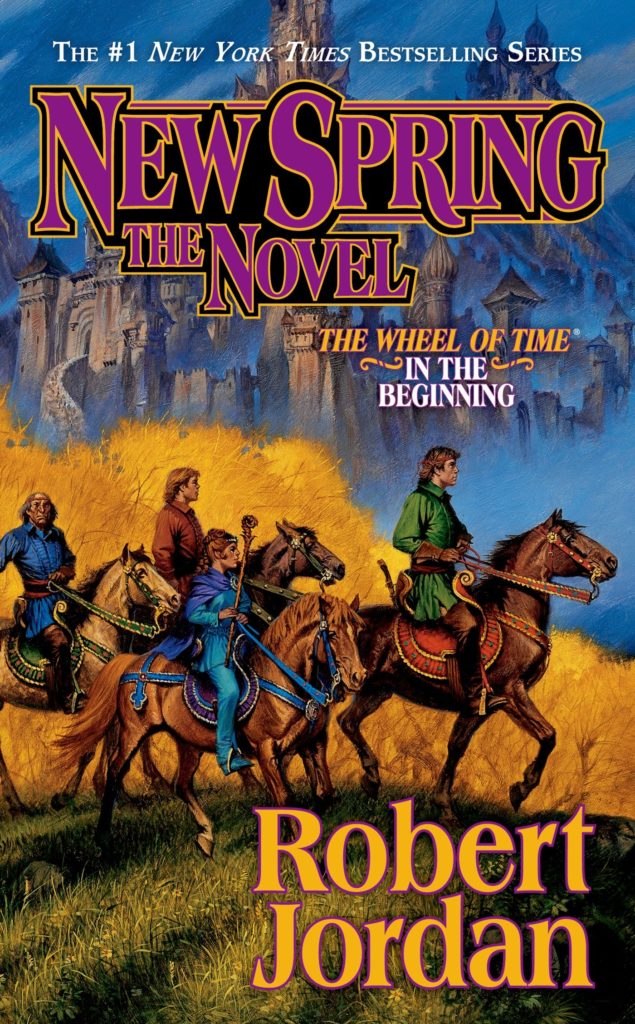
I think it is likely easier to write a prequel than a sequel. You are working with a pre-existing world, and leaning on a completed story that demands a certain direction. Furthermore, publishers LOVE prequels. For established works they are certain cash cows, and even for less successful stories, they are, by definition, low-risk.
But here is the thing. Even when people like a story enough that they are willing to read anything related to it, they would still never truly love your prequel. And they will especially fail to love the diminishing returns of your prequel series. We know what comes after. Sooner or later we are just looking at our watches and waiting for it to just happen.
I did a little mental inventory to see if there have been any prequels I have genuinely loved. Weirdly enough, the most recent example I started this post with, is actually among the successful ones. The Star Wars sequel trilogy was far more exciting to me than the prequel one. It had never occurred to me to even try and read anything about James Potter, even before Joanne turned full TERF evil. But I did enjoy the flawed Cursed Child. The Dune prequels were… not awesome. The Wheel of Time’s New Spring left me gasping from boredom.
Our entertainment culture is driven more and more by profit, and seems to be increasingly terrified of taking risks. Literature, luckily, is low-stakes enough, and by its very nature can’t survive without new voices. But the moment something becomes successful, it is expected to keep proliferating. And hey, if they are offering you bags of money to write prequels, you should absolutely take their bags of money! The easiest way to do so is to look back. ‘How did we get here?’

But here is the thing. You already told us how. In the original story. If we needed to know more in order to understand it, you’d have told us then. And this is before considering that adding more (and rarely necessary) details only has the potential to mar the impression of the source material.
In most cases, prequels add nothing but disappointment and diminishing returns to my experience. I accept that this is not the case for everyone, but I dare you to show me a single work where a prequel was better or more exciting than the sequels. In the meantime, I will continue hoping that Collins takes us further into the future of Panem and the inevitable collapse of its inept people’s government.
